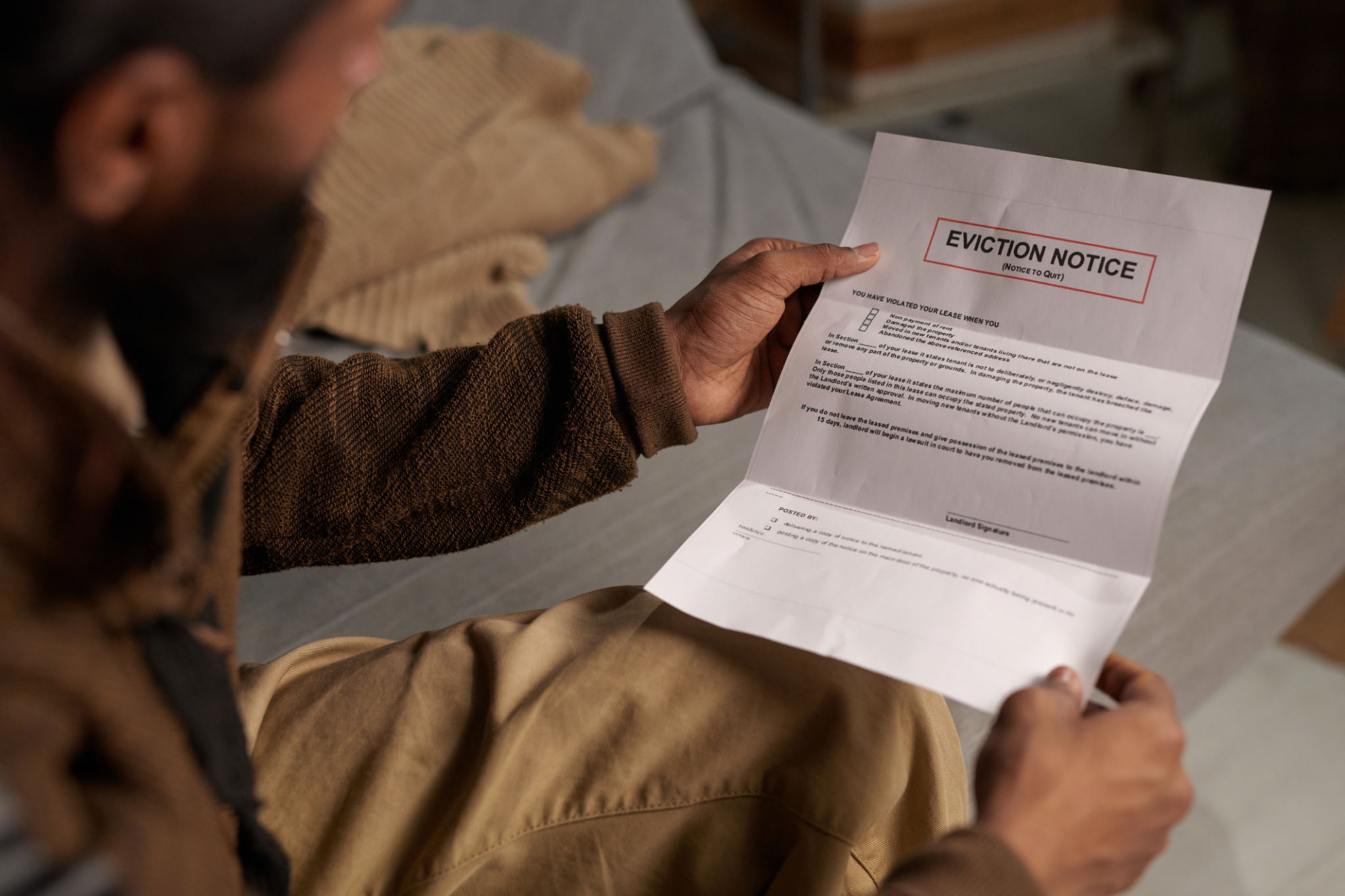Navigating Evictions in Philly: Legal Insights and Support
Understanding the Eviction Process in Philadelphia
Evictions can be a daunting experience for both landlords and tenants, and navigating the process in Philadelphia requires a clear understanding of local laws and regulations. The city has specific guidelines that must be followed to ensure that the rights of all parties are respected. This blog post aims to provide a comprehensive overview of the eviction process in Philadelphia.

In Philadelphia, the eviction process begins with a landlord serving a notice to the tenant. The type of notice depends on the reason for the eviction, such as non-payment of rent or a breach of lease terms. It's essential for landlords to ensure that these notices comply with Philadelphia's legal requirements, as improper documentation can delay the eviction process.
Legal Grounds for Eviction
There are several legal grounds for eviction in Philadelphia. The most common is non-payment of rent. If a tenant fails to pay rent, the landlord must provide a 10-day notice before proceeding with eviction. Other grounds include violation of lease terms, illegal activities on the property, or the landlord's intention to sell or renovate the property.
Each reason for eviction has its own set of legal procedures that must be followed to ensure the process is valid. Understanding these grounds helps both landlords and tenants prepare for potential disputes and ensure a fair resolution.

Tenant Rights and Protections
Tenants in Philadelphia are afforded several protections to ensure fair treatment during the eviction process. The Fair Housing Commission is a vital resource for tenants facing eviction, offering guidance and support to navigate their legal rights. Tenants have the right to contest an eviction if they believe it is unjust or if proper procedures were not followed.
Additionally, Philadelphia offers several programs aimed at assisting tenants in distress. These include rental assistance programs and legal aid services that provide tenants with the resources they need to address their housing issues effectively.
Resources for Legal Support
For both landlords and tenants, having access to legal support can be crucial during an eviction process. Philadelphia offers various resources including legal clinics and pro bono services that cater specifically to housing disputes. Organizations such as Community Legal Services and the Tenant Union Representative Network provide invaluable assistance.

These resources can help parties understand their rights and responsibilities, offering guidance on how to proceed with or contest an eviction. Engaging with these services early can often prevent disputes from escalating into costly legal battles.
Preventative Measures and Mediation
Prevention is often the best cure when it comes to evictions. Open communication between landlords and tenants can help resolve issues before they reach the point of eviction. Mediation services are available in Philadelphia to help both parties come to an amicable agreement without resorting to court proceedings.
By understanding the legal landscape and utilizing available resources, both landlords and tenants can navigate the eviction process more smoothly, ensuring that their rights are protected and their concerns are addressed satisfactorily.
